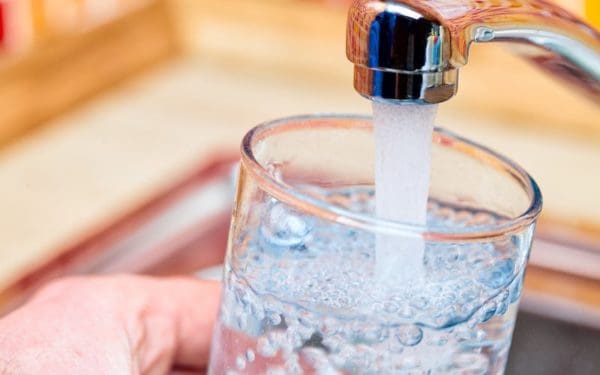Feb 14, 2019
“Millions of Americans are drinking water laced with one or more of these PFAS chemical compounds at dangerous levels, and EPA’s response is to announce continued dithering while communities are at risk,” said Brad Campbell, President of CLF.
Feb 13, 2019
The Lakekeeper is helping to protect our iconic lake.
Feb 08, 2019
Our kids shouldn’t have to play a dangerous game of chance every time they drink from a fountain in their school. Where there is lead, there is a risk of lead poisoning.
Feb 07, 2019
Toxic chemicals threaten Rhode Island’s waters and the health of its residents. CLF is asking state regulators to take aggressive action to protect communities from PFAS contamination.
Feb 07, 2019
“PFAS contamination is endangering public health across New England,” said Heather Govern, Director of CLF’s clean water program “The chemicals’ health risks have been known for decades, but current drinking water standards fail to protect us from the threat of serious illness. With the EPA dragging its feet, our state agencies are obligated to set limits that safeguard our drinking water.”
Feb 02, 2019
Stormwater pollution is a major threat to the Charles River. CLF and the Charles River Watershed Association are pressuring the EPA to hold polluters accountable.
Jan 28, 2019
“PFAS contamination is endangering public health across Massachusetts,” said Heather Govern, Director of CLF’s clean water program. “Setting a protective limit is an important first step, as is DEP’s commitment to evaluate every option to protect the public from the entire PFAS class of chemicals. But there are thousands of these dangerous compounds in the environment, and CLF will continue the fight to rid them all from our water.”
Jan 28, 2019
“No one should have to worry about drinking toxic chemicals when they turn on their tap,” said Jen Duggan, Vice President and Director of CLF Vermont. “ANR’s decision to regulate five PFAS chemicals is an important first step.”
Jan 28, 2019
Jen Duggan, Vermont director of Conservation Law Foundation, said that CLF sees the drinking water standard as an “important step” and was encouraged to see the state is looking to move beyond setting chemical by chemical limits.
Jan 28, 2019
“We are encouraged by ANR’s commitment to evaluate options to protect Vermonters from the PFAS class of chemicals,” said Jen Duggan, director of CLF Vermont. “ANR’s decision to regulate five PFAS chemicals is an important first step. There are thousands of these harmful substances, and CLF will continue to fight to get them out of our water.”





